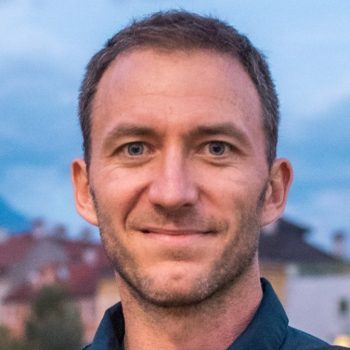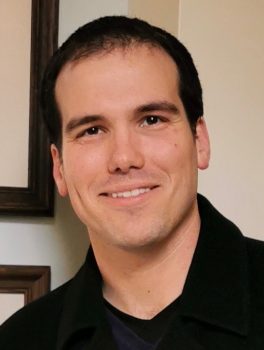
Graham McDowell
Director of Science and Knowledge, Yellowstone to Yukon Conservation Initiative
Founder and Leader, Canadian Mountain Assessment
PhD in IRES with Leila Harris and Michele Koppes, 2020 (Vanier Scholar)
Contact Details
grahammcdowell[at]gmail[dot]com
Bio
Dr. Graham McDowell is the Director of Science and Knowledge at the Yellowstone to Yukon Conservation Initiative (Y2Y). He specializes in climate change impacts and adaptation in mountain regions, as well as knowledge co-creation activities, particularly with Indigenous Peoples. He has led community-engaged projects in the Nepal Himalaya, Peruvian Andes, Rocky Mountains, Greenland, and the Canadian Arctic, and was the founder and leader of the Canadian Mountain Assessment. In addition, he is a two-time Contributing Author with the Intergovernmental Panel on Climate Change (IPCC), an Editorial Board member for the journal Mountain Research and Development, and a Fellow of the Royal Canadian Geographical Society. Dr. McDowell holds numerous advisory roles related to climate change in cold regions, including with the UN International Year of Glacier Preservation, the Canada in a Changing Climate assessment report, and the Science and Knowledge Advisory Committee of UN Mountain Partnership.
Dr. McDowell completed a Banting Postdoctoral Fellowship at the University of Zurich and holds degrees from the University of British Columbia (PhD, Vanier Scholar), the University of Oxford (MSc with Distinction), and McGill University (BA Honours 1st class).
